TACKLING LOCAL DRIVERS OF HEALTH INEQUALITIES
Neighbourhood resilience
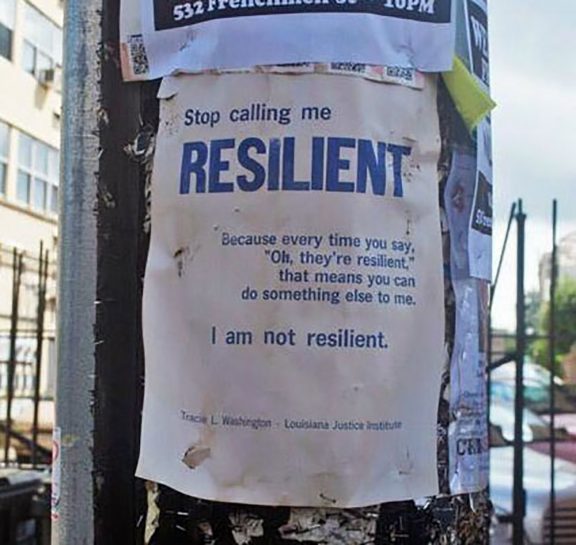
Inequalities in Health
“I am not resilient” declares the voice on the poster.
Resilience refers to people’s capacity to adapt and respond successfully to adversity. It is now widely recognised that all communities have significant strengths or ‘assets’: a degree of resilience. In the past community resilience has been harnessed to respond to natural disasters. Can it not also be harnessed to respond to the social and economic adversities that drive health inequalities? There is a lot of enthusiasm for community resilience amongst those working to reduce health inequalities, but the voice on the poster signals caution.
There are limits to the extent to which communities bearing the brunt of social and health inequalities are able to improve living and working conditions over which they have little or no control. Their collective capacities are inevitably depleted by the processes that create these conditions. Initiatives aiming to increase resilience in these communities, may increase the burden of responsibility they already feel – asking them to do more – without providing the resources they need. As a result, action to enhance community resilience is unlikely to have a significant impact on the structural drivers of social and health inequalities operating in a particular neighbourhood.
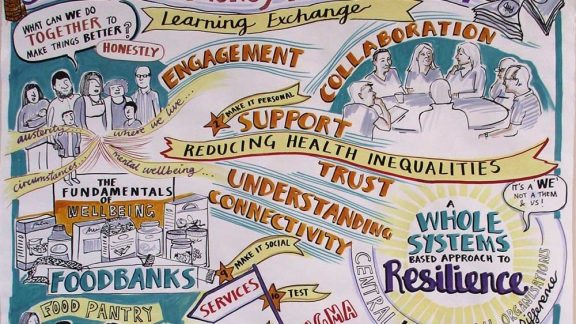
Alternative approach
The alternative approach is to focus on the resilience of neighbourhood systems. As the image illustrates, this approach aims to enhance the collective capacities of everybody living and working in a neighbourhood, and the organisations operating there, to deliver co-ordinated action to improve the social determinants of health and wellbeing. This website aims to support this approach. It includes an interactive tool designed to share learning from a programme implemented in NW England that ‘tested’ this neighbourhood resilience approach. There is information on the Community Research and Engagement Network (COREN) a key element of the programme that sought to forge more equal relationships between system players, as well as a range of other resources.
Testimonials
"We are all different people from different backgrounds all with a common goal…. people that we wouldn’t normally have communicated with"
Resident
Links to other website sections

Neighbourhood resilience programme
Find out about the Neighbourhood Resilience Programme which adopted a systems approach to enhancing resilience in 9 disadvantaged neighbourhoods in NW England between 2016 and 2019. Explore the NRP interactive tools and share our learning from the programme.
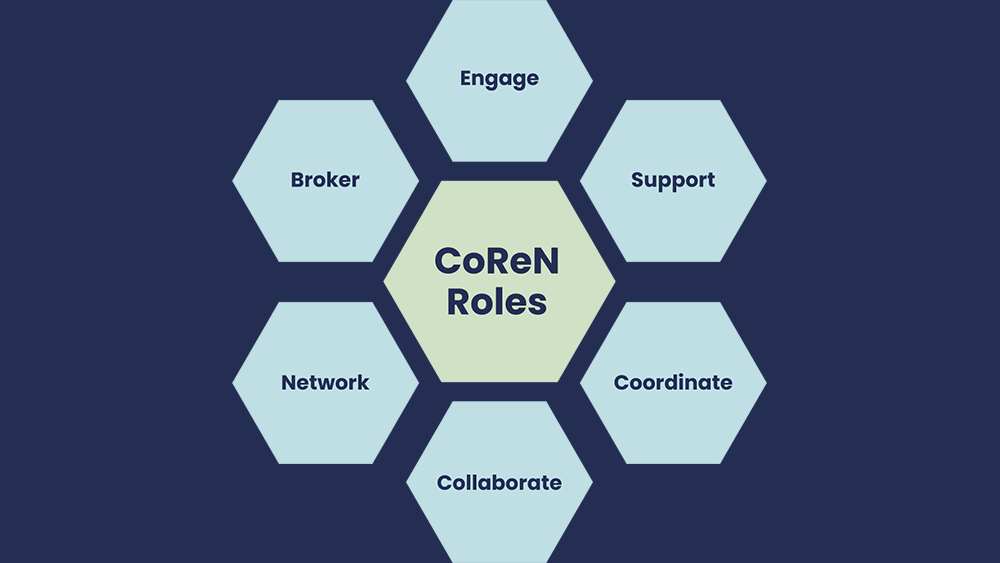
Community Research and Engagement Network
Discover how this innovative approach supports residents of disadvantaged neighbourhoods in NW England to work as equal partners with local agencies to improve health and wellbeing. Hear about the experiences of the residents involved and what they have produced.
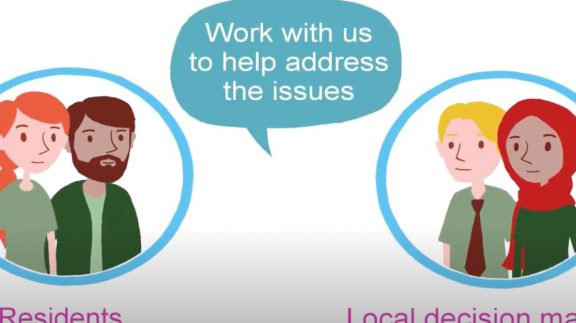
Case Studies
Read about how the Neighbourhood Resilience Programme neighbourhoods took action to change local determinants of health inequalities and what impact they had
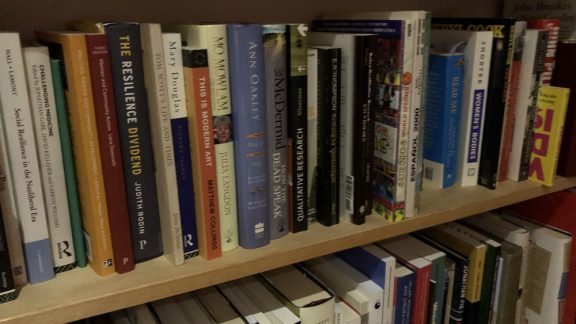
Resources
Find documents from the Neighbourhood Resilience programme and other resources including websites and papers focusing on system resilience and place-based action to improve social determinants of health inequalities.
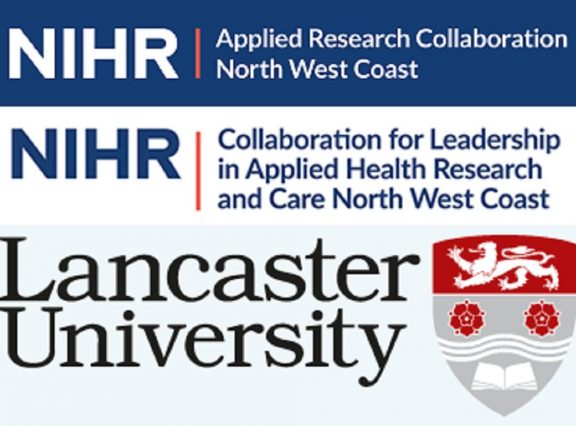
Acknowledgements
The Neighbourhood Resilience Programme (NRP) and this website were funded by the NIHR and the academic, local authority and university partners in the NIHR CLAHRC, now the NIHR Applied Research Collaboration for the Northwest Coast. The team developing the website was based at Lancaster University. The views expressed are those of the Lancaster University team and not necessarily those of the NIHR or the Department of Health and Social Care or other funders. The people who have contributed to the success of the NRP and to the website development are too numerous to name, but thanks to them all.